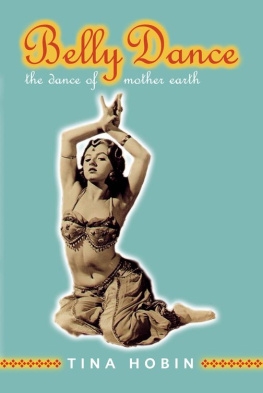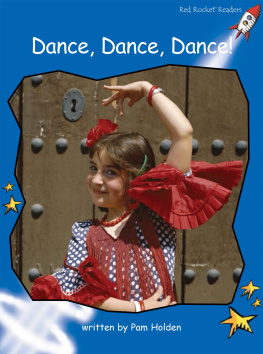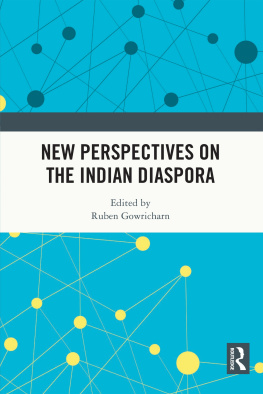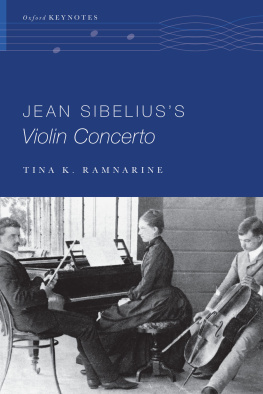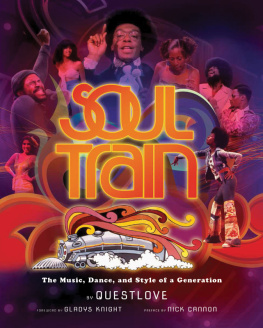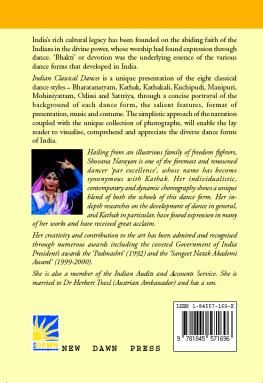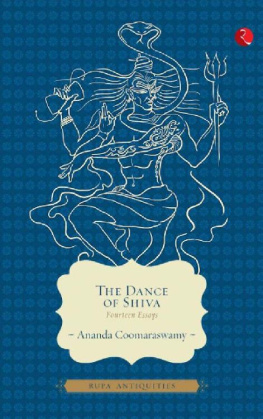
Dance, Music and Cultures of Decolonisation in the Indian Diaspora
Dance, Music and Cultures of Decolonisation in the Indian Diaspora provides fascinating examples of dance and music projects across the Indian Diaspora to highlight that decolonisation is a creative process, as well as a historical and political one.
The book analyses creative processes in decolonising projects, illustrating how dance and music across the Indian Diaspora articulate socio-political aspirations in the wake of thinkers such as Gandhi and Ambedkar. It presents a wide range of examples: post-apartheid practices and experiences in a South African dance company, contestations over national identity politics in Trinidadian music competitions, essentialist and assimilationist strategies in a British dance competition, the new musical creativity of second-generation British-Tamil performers, Indian classical dance projects of reform and British multiculturalism, feminist intercultural performances in Australia, and performance re-enactments of museum exhibits that critically examine the past. Key topics under discussion include postcolonial contestations, decolonising scholarship, dialogic pedagogies, and intellectual responsibility. The book critically reflects on decolonising aims around respect, equality, and the colonial pasts redress as expressed through performing arts projects.
Presenting richly detailed case studies that underline the need to examine creative processes in the cultures of decolonisation, Dance, Music and Cultures of Decolonisation in the Indian Diaspora will be of great interest to scholars of South Asian Studies, Diaspora Studies, Performing Arts Studies and Anthropology.
The chapters were originally published as a special issue of South Asian Diaspora.
Tina K. Ramnarine is a musician, anthropologist and global cultural explorer. She has published widely, including Beautiful Cosmos: Performance and Belonging in the Caribbean Diaspora (2007), Musical Performance in the Diaspora (Routledge, 2007) and Global Perspectives on Orchestras: Collective Creativity and Social Agency (2018).
Dance, Music and Cultures of Decolonisation in the Indian Diaspora
Edited by
Tina K. Ramnarine
First published 2020
by Routledge
2 Park Square, Milton Park, Abingdon, Oxon, OX14 4RN
and by Routledge
52 Vanderbilt Avenue, New York, NY 10017
Routledge is an imprint of the Taylor & Francis Group, an informa business
2020 Taylor & Francis
All rights reserved. No part of this book may be reprinted or reproduced or utilised in any form or by any electronic, mechanical, or other means, now known or hereafter invented, including photocopying and recording, or in any information storage or retrieval system, without permission in writing from the publishers.
Trademark notice: Product or corporate names may be trademarks or registered trademarks, and are used only for identification and explanation without intent to infringe.
British Library Cataloguing-in-Publication Data
A catalogue record for this book is available from the British Library
ISBN13: 978-0-367-81975-0
Typeset in Minion Pro
by codeMantra
Publishers Note
The publisher accepts responsibility for any inconsistencies that may have arisen during the conversion of this book from journal articles to book chapters, namely the inclusion of journal terminology.
Disclaimer
Every effort has been made to contact copyright holders for their permission to reprint material in this book. The publishers would be grateful to hear from any copyright holder who is not here acknowledged and will undertake to rectify any errors or omissions in future editions of this book.
Contents
Tina K. Ramnarine
Smitha Radhakrishnan
Christopher L. Ballengee
Magdalen Gorringe
Sitara Thobani
Jasmine Hornabrook
Priya Srinivasan
Prarthana Purkayastha
The chapters in this book were originally published in South Asian Diaspora, volume 11, issue 2 (2019). When citing this material, please use the original page numbering for each article, as follows:
Chapter 1
Dance, music and cultures of decolonisation in the Indian Diaspora: towards a pluralist reading
Tina K. Ramnarine
South Asian Diaspora, volume 11, issue 2 (2019) pp. 109125
Chapter 2
Dancing the rainbow nation as it bleeds: the Surialanga Dance Company in post-apartheid South Africa
Smitha Radhakrishnan
South Asian Diaspora, volume 11, issue 2 (2019) pp. 127144
Chapter 3
Music competitions, public pedagogy and decolonisation in Trinidad and Tobago
Christopher L. Ballengee
South Asian Diaspora, volume 11, issue 2 (2019) pp. 145161
Chapter 4
The BBC Young Dancer and the decolonising imagination
Magdalen Gorringe
South Asian Diaspora, volume 11, issue 2 (2019) pp. 163178
Chapter 5
Decolonising Indian classical dance? Projects of reform, classical to contemporary
Sitara Thobani
South Asian Diaspora, volume 11, issue 2 (2019) pp. 179192
Chapter 6
Gender, new creativity and Carnatic music in London
Jasmine Hornabrook
South Asian Diaspora, volume 11, issue 2 (2019) pp. 193208
Chapter 7
Decolonising moves: gestures of reciprocity as feminist intercultural performance
Priya Srinivasan
South Asian Diaspora, volume 11, issue 2 (2019) pp. 209222
Chapter 8
Decolonising human exhibits: dance, re-enactment and historical fiction
Prarthana Purkayastha
South Asian Diaspora, volume 11, issue 2 (2019) pp. 223238
For any permission-related enquiries please visit:
http://www.tandfonline.com/page/help/permissions
Christopher L. Ballengee is an Associate Professor of Music at Anne Arundel Community College, Arnold, USA. His research interests include Indian Caribbean musical traditions, world music pedagogy, ethnographic film and theatre sound design. He holds a PhD in ethnomusicology from the University of Florida, Gainesville, USA; Master of Music in ethnomusicology from Bowling Green State University, USA; and a Bachelor of Arts in Music from Lenoir-Rhyne University, Hickory, USA.
Magdalen Gorringe is a doctoral research student at the University of Roehampton, London, UK, researching The Professionalisation of Classical Indian Dance Forms in Britain on a Vice Chancellors Scholarship. She grew up in India where she started learning Bharatanatyam and is interested in creating routes into the profession for younger classical Indian dancers, as well as in using dance in activism. She is a co-founder of The Natya Project, which seeks to provide professional progression routes for young classical Indian dancers in the UK.
Jasmine Hornabrook is an ethnomusicologist focusing on music, transnational networks and identity in South Asian diasporas. She is interested in how cultural practices facilitate a sense of belonging and identity across nation-state borders. She completed her doctoral research at Goldsmiths, University of London, UK, and examined music and migration in the Sri Lankan Tamil diaspora. She works on the Leverhulme-funded project Migrant Memory and the Postcolonial Imagination in the School of Social Sciences at Loughborough University, UK.



